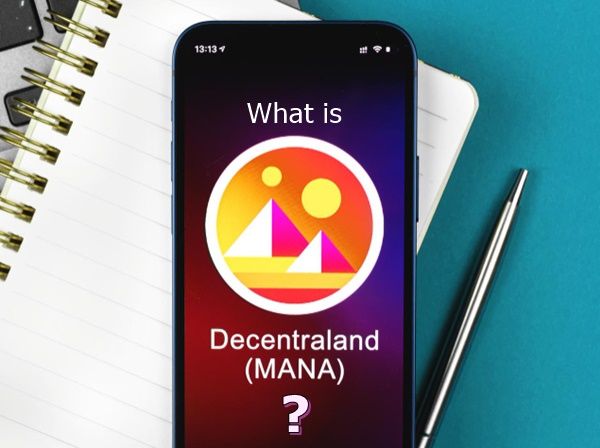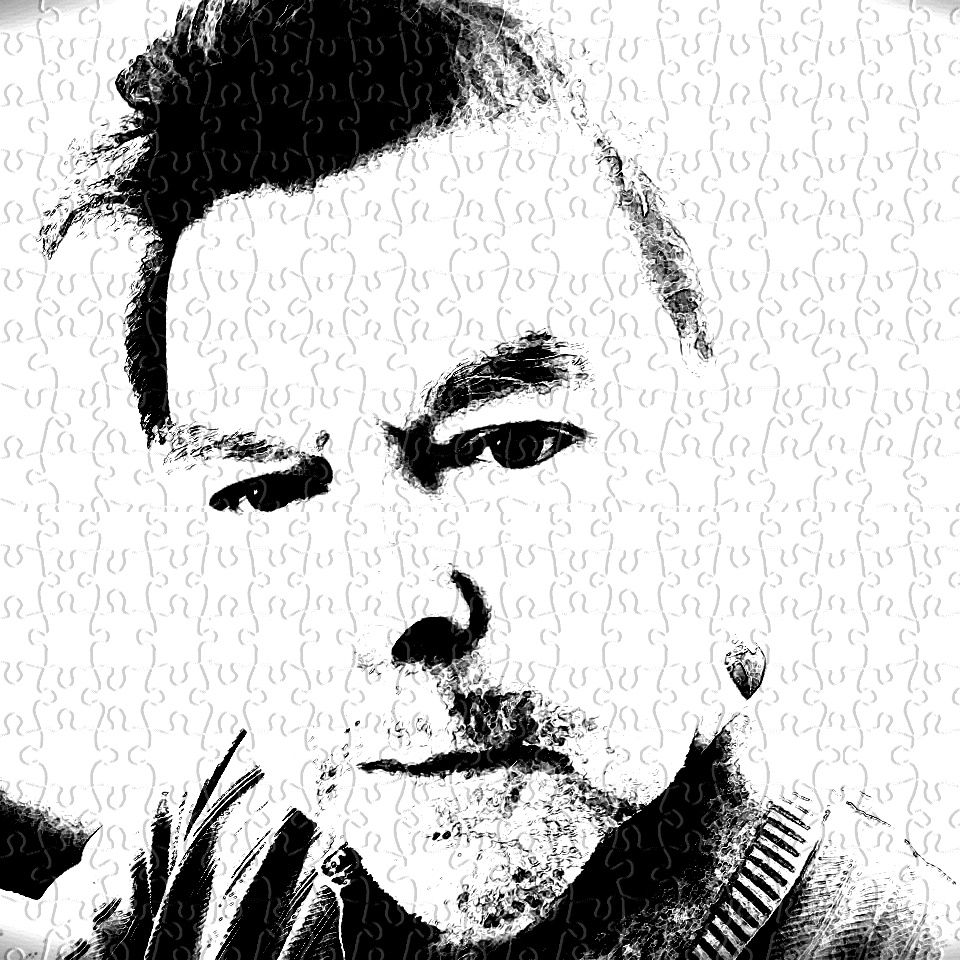
What is Decentraland? To begin with, you should know that Decentraland was created in 2015 by Ariel Meilich and Esteban Ordano, who co-founded the company Decentraland. The Decentraland platform was officially launched in 2017, after a successful initial coin offering (ICO) that raised over $20 million.
Since its launch, Decentraland has become one of the leading platforms for decentralized virtual reality and has gained a large and active community of users and developers. The platform has also been recognized for its innovative use of blockchain technology and has received various awards and accolades in the technology and virtual reality industry.
We often talk about this platform in the metaverse news, find out why?
What is Decentraland?
Decentraland is a decentralized virtual reality platform powered by the Ethereum blockchain. It allows users to create, experience, and monetize content and applications in a virtual world.
In Decentraland, users can interact with each other and with the virtual environment in a variety of ways, such as chatting, playing games, and participating in social activities. They can also create and publish their own virtual experiences, such as virtual reality games, art installations, and interactive events.
Users own and control their own virtual land in Decentraland, which is represented by non-fungible tokens (NFTs) on the Ethereum blockchain. This means that users have complete ownership and control over their virtual property, and can use it to create and monetize their own virtual experiences.
Decentraland has the potential to revolutionize the way we interact and engage with virtual reality, and it is an exciting platform for creators and developers to explore and build on.
Decentraland, its users:
This decentralized virtual reality platform is used by a diverse group of people, including developers, creators, gamers, and general fans of virtual reality and blockchain technology.
Users can create and publish their own virtual experiences, such as virtual reality games, art installations and interactive events. They can also participate in social activities, such as chatting and meeting other users, and explore the virtual world created by the platform and its community.
This ecosystem has an active and growing community of users and developers, who are constantly creating new and innovative virtual experiences for the platform. The community is supported by various online forums, social media groups and events, where users can discuss and collaborate on projects, share ideas and feedback, and keep up with the latest developments on the platform.
